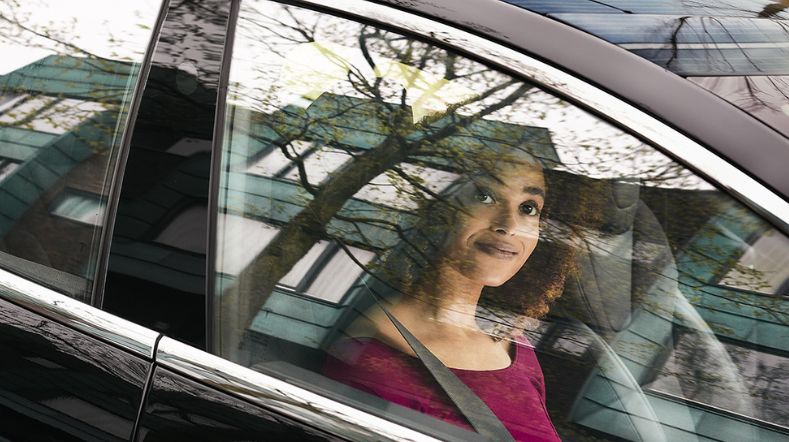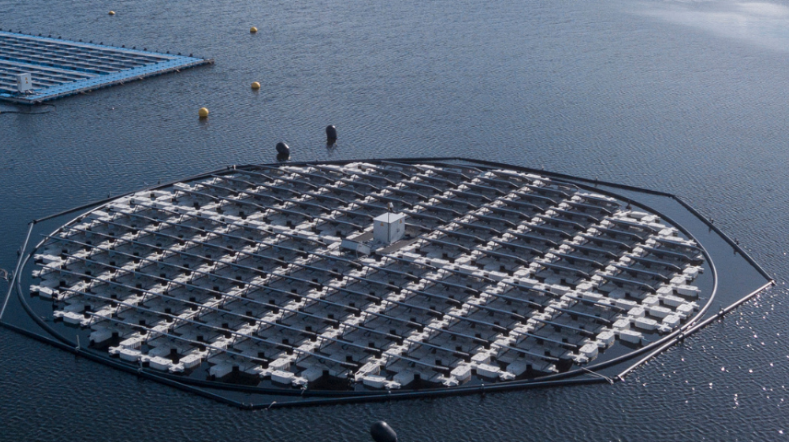
Integrating solar energy and safety
Integrated products that generate solar energy are among the most important solutions for our energy transition. There are various forms of integration, each presenting its own challenges. At TNO, we address the key challenges that may hinder the growth of integrated solar energy by developing supportive technologies, conducting in-depth research and exploring the potential of future trends. Customised PV, should meet the highest standards, we are researching reliability and safety for solar products with free shape and colour.
Solar panels and systems integration into buildings
The primary challenges for building-integrated photovoltaics (BIPV) include fire safety, costs, the business case of products and suspension, as well as recycling and replacing.
In addition to aesthetic integration, electrical integration within the building and the local electricity network is becoming increasingly important. An emerging challenge is the need for suitable power electronics, that increases the flexibility in the electrical design of the solar energy systems.
Vehicle-integrated solar products
In the realm of vehicle-integrated photovoltaics (VIPV), several challenges need to be addressed. The technical challenges include 3D shapes, variations in substrates and safety aspects that need to be addressed, alongside developing a robust business case for both producers and end users.
Additionally, we are working on modelling the expected impact of VIPV on the charging needs tailored to the type of vehicle and use, which is used for policy advise.
Floating solar
With the Netherlands leading the way in floating solar, it has the potential to significantly contribute to the energy transition. However, for offshore applications of floating photovoltaics (FPV) the reliability of the systems is challenging and must be studied to define dedicated solutions.
We are conducting research on the effects of wind and waves on solar panels and the lifespan of floating solar energy systems. Additionally, we are researching the ecological impact of these systems on marine life and water quality. To build high-quality systematic knowledge about performance and reliability, we aim to employ a standardised monitoring approach.
Eco solar parks
We focus on optimising the design of sustainable solar parks, considering not only the financial business case but also the social value. This also involves multidisciplinary collaboration with various partners, such as Wageningen University & Research.
Together with partners, we are developing certification for solar parks with ecological added value as well as for parks that combine agriculture with solar . Project developers and governments can use the certificate to demonstrate their commitment to ecological and agri-PV benefits.
Solar on infrastructure
TNO has lead research projects on the integration of solar panels into existing surfaces, such as roads, roadsides, noise barriers, crash barriers, bicycle paths and dikes. The involved both the technical development of products as well as investigations on the safety aspects of the products and the maintenance of the systems.
Solar integration into the electricity network
With the increasing pressure on our electricity network, it is essential to consider not only the design of solar systems but also integration into the electricity grid.
Key questions include whether there is still room for a connections, how generation and demand are distributed over time - hourly, daily, annual -and identifying bottlenecks and solutions. We investigate solutions for emerging issues, such as net congestion and grid instability, and address concerns about the value of solar energy in a system increasingly reliant on intermittent energy sources.
Additionally, we leverage extensive data on the performance and operation of photovoltaic (PV) and hybrid systems, the energy network, and energy markets. Therefore, we model energy generation over time and study combinations of solar and wind farms, including the effects of shading.
Partners
Established partnerships are seen within the National Consortia, Rijkswaterstaat, Heijmans, BAM, Lightyear, Fraunhofer ISE (Germany), Supsi (Switserland), EURAC (Italy), and new partnerships are being formed with large car manufacturers. Besides, TNO is member of the Alliance for Solar Mobility board and we contribute to International Energy Agency (IEA) tasks on BIPV and VIPV.
Learn more about our research?
Get inspired
Solar energy

Solar-powered cars


Building-integrated solar


Ecological solar farms


Floating solar panels



